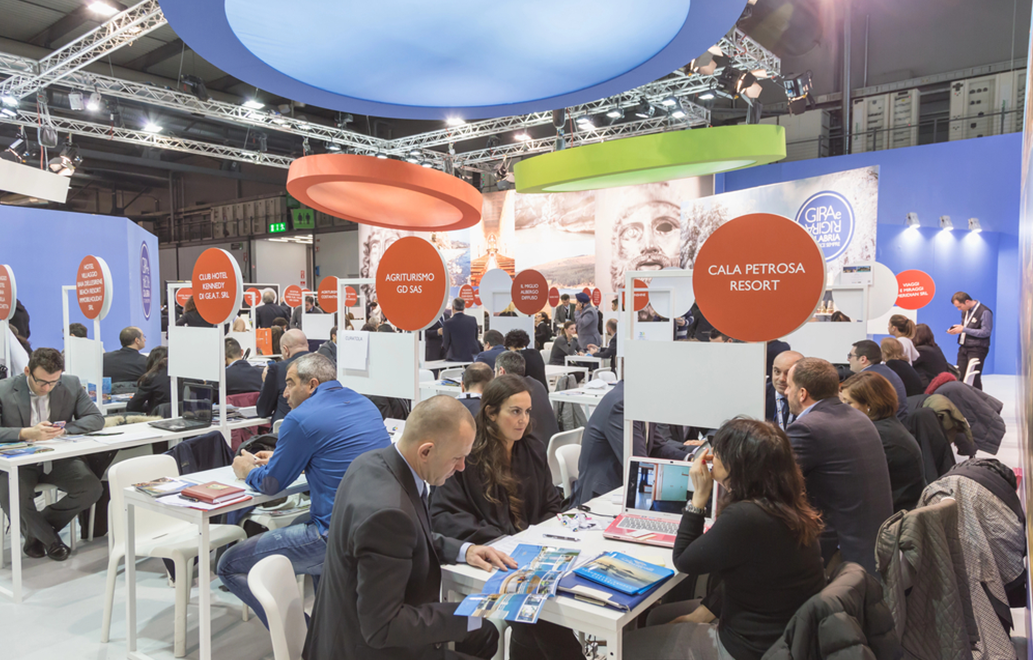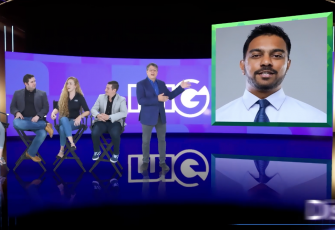
Experiential marketing, often referred to as engagement marketing, immersion marketing, or event marketing, focuses on creating immersive experiences that allow consumers to interact with brands in a tangible way. Unlike traditional marketing methods that passively communicate messages to a wide audience, experiential marketing actively engages people, fostering a deeper connection. This article explores what experiential marketing is, why it is crucial for your event, and how it can dramatically enhance your brand's interaction with its audience.
Defining Experiential Marketing
Experiential marketing involves strategies designed to engage customers by creating real-world opportunities to interact with a brand. This approach can transform a typical marketing campaign into a memorable, interactive experience. It is not just about showing a product or service but allowing potential customers to experience what the brand stands for through participation.
How Experiential Marketing Works
The core of experiential marketing lies in its ability to create emotional connections through personal experiences. Whether it's through a pop-up shop, an interactive installation, or a hands-on demonstration, this strategy makes the brand feel more real to the consumer. By engaging the senses, experiential marketing can leave a lasting impression that enhances customer loyalty and satisfaction.
Benefits of Experiential Marketing for Events
-
Enhances Brand Perception
Experiential marketing can significantly alter how attendees perceive a brand. By providing an engaging, interactive experience, brands can showcase their personality and values in a way that resonates with the audience. This personal interaction helps to humanize the brand and build trust among the participants.
-
Increases Engagement and Interaction
At events, attendees are bombarded with numerous booths and presentations. Experiential marketing helps your booth stand out by offering interactive and fun experiences that capture attention. Engaged participants are more likely to spend time learning about your offerings and remember your brand long after the event is over.
Implementing Experiential Marketing in Your Events
Incorporating technology like virtual reality, augmented reality, or interactive touchscreens can elevate the experiential aspect of your marketing efforts. These technologies provide immersive experiences that are not only fun but also educational, allowing attendees to engage with your brand on a deeper level.
Effective event branding design and application is important in experiential marketing. It ensures that every element of the event is infused with the brand’s identity, which enhances recognition and recall. Well-executed event branding creates a cohesive environment that aligns with the brand's message and values.
Real-World Examples of Successful Experiential Marketing
Discussing real-world examples, such as pop-up events by renowned brands or interactive exhibits at major trade shows, can illustrate the impact of experiential marketing. These examples highlight how brands can successfully engage with their audience and create buzz around their products or services.
Partnering with Experts for Enhanced Experiences
MIG shines in creating custom experiential activations that captivate and engage audiences. Our team of experts utilizes the latest technologies and creative strategies to bring your brand’s message to life. Whether you’re planning a corporate event or a large-scale trade show, MIG can help you design and execute an experiential marketing campaign that makes a lasting impact.



